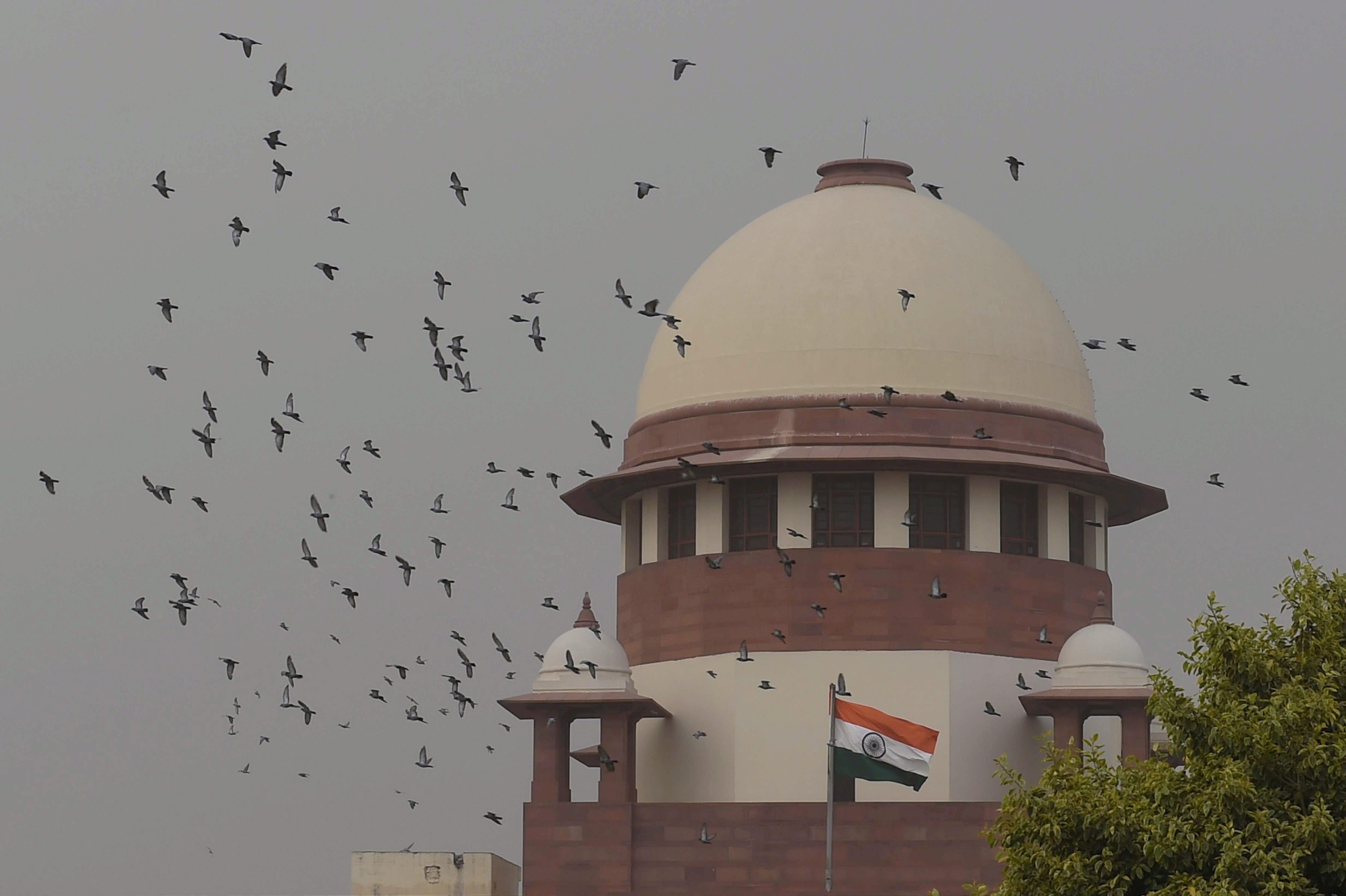From Bihar SIR to Article 370: CJI Justice Surya Kant's key verdicts
He took oath in Hindi in the name of God, and will remain in charge for nearly 15 months.
PTI
-
He has repeatedly underscored that corruption undermines governance and public trust (X)
New Delhi, 24 Nov
Justice Surya Kant, who took oath as the 53rd Chief Justice
of India on Monday, has been part of several key verdicts, including orders on
Presidential Reference on removing timelines for governors, abrogation of
Article 370, Bihar electoral roll revision, the Pegasus spyware case, free
speech, and citizenship rights.
Coming from a middle-class family in Haryana's Hisar
district, CJI Kant started his professional journey as a small-town lawyer
before reaching the pinnacle of the Indian judiciary.
He took oath in Hindi in the name of God, and will remain in
charge for nearly 15 months, till demitting office on 9 February, 2027, on
attaining the age of 65.
Delineating his top two priorities as the head of the
judiciary, CJI Kant recently told the media that dealing with a huge backlog of
more than five crore cases across courts and promoting "game changer"
mediation as an alternative mode of dispute resolution will be his two important
goals.
CJI Kant was recently part of a five-judge Constitution
bench headed by his predecessor Justice BR Gavai, which ruled that the court
cannot impose any timelines on governors or the president to grant assent to
Bills passed by the state assemblies, but at the same time said governors do
not have “unfettered” powers to sit on the Bills for "perpetuity".
CJI Kant also penned several notable judgments in the Punjab
and Haryana High Court, and was appointed the chief justice of the Himachal Pradesh
High Court on 5 October, 2018.
His tenure as a Supreme Court judge is marked by verdicts on
the abrogation of Article 370, free speech and citizenship rights.
He was part of the bench that kept the colonial-era sedition
law in abeyance, directing that no new FIRs be registered under it until a
government review.
CJI Kant also nudged the Election Commission to disclose the
details of 65 lakh voters excluded from the draft electoral rolls in Bihar
while hearing a batch of petitions challenging the poll panel’s decision to
undertake a Special Intensive Revision (SIR) of voter list in the poll-bound
state.
In an order that emphasised grassroots democracy and gender
justice, he led a bench that reinstated a woman sarpanch unlawfully removed
from office and called out the gender bias in the matter.
He is also credited with directing that one-third of seats
in bar associations, including the Supreme Court Bar Association, be reserved
for women.
CJI Kant was part of the bench that appointed a five-member
committee headed by former top court judge Justice Indu Malhotra to probe the
security breach during Prime Minister Narendra Modi’s visit to Punjab in 2022,
saying such matters required “a judicially trained mind”.
He also upheld the 'One Rank-One Pension' scheme for defence
forces, calling it constitutionally valid, and continues to hear petitions of
women officers in the armed forces seeking parity in permanent commission.
In another notable case, he upheld the Char Dham project in
Uttarakhand, emphasising its strategic importance for national security, while
balancing environmental concerns.
His bench also observed that “freedom of speech is not a
licence to flout societal norms” while cautioning podcaster Ranveer Allahbadia
for his "derogatory" remarks.
CJI Kant headed a bench which pulled up several stand-up
comedians, including 'India's Got Latent' host Samay Raina, for ridiculing
disabled people on their shows, and directed the Centre to come up with
guidelines for regulating online content.
Holding that freedom of speech is not absolute, CJI Kant led
a bench which pulled up Madhya Pradesh minister Vijay Shah for his remarks
targeting Colonel Sofiya Qureshi, who gained nationwide prominence for media
briefings on ‘Operation Sindoor’, saying every word uttered by a minister has
to be with a sense of responsibility.
He has repeatedly underscored that corruption undermines
governance and public trust.
In a 2023 verdict, he called it a “serious societal threat”
and ordered the CBI to probe 28 cases exposing an “unholy nexus between banks
and developers” that defrauded homebuyers.
He also led a bench that granted bail to former Delhi chief
minister Arvind Kejriwal in the CBI excise policy case, saying the agency must
work to dispel the notion of being a "caged parrot".
His bench flagged the absence of a legal framework for
domestic workers, directing the Centre to form an expert committee to propose
protective measures for the vulnerable workforce.
He has been part of more than 300 benches since his
elevation to the Supreme Court.
CJI Kant was also on the seven-judge bench that overruled
the 1967 Aligarh Muslim University verdict, opening the way for reconsideration
of its minority status.
He was also part of the bench which in 2021 appointed a
three-member panel of cyber experts to probe the alleged use of Israeli spyware
Pegasus for surveillance of certain people in India, saying the state cannot
get a "free pass" every time the spectre of national security is
raised and it cannot be the “bugbear” that the judiciary shies away from.
Leave a Reply
Your email address will not be published. Required fields are marked *








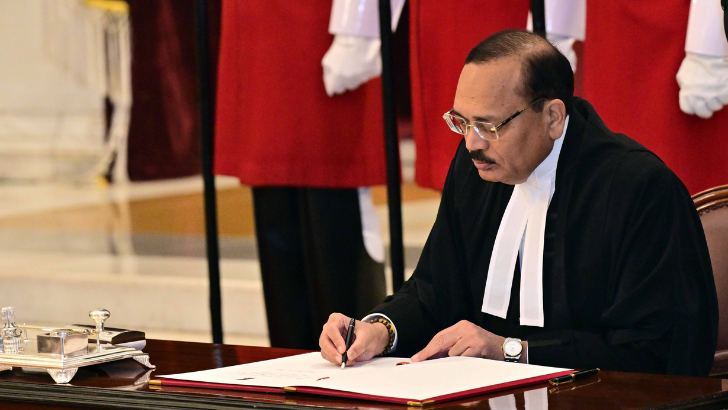

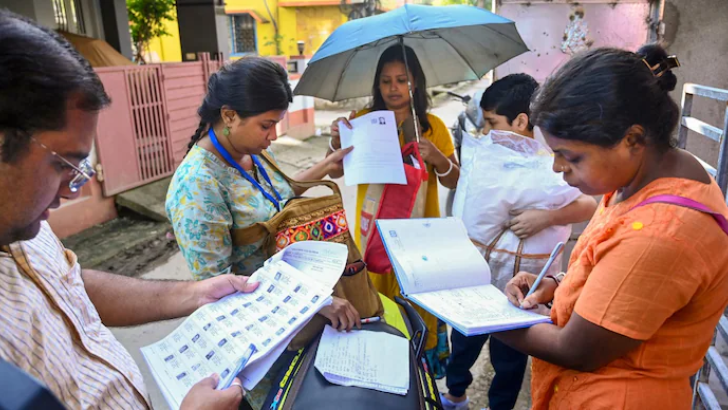
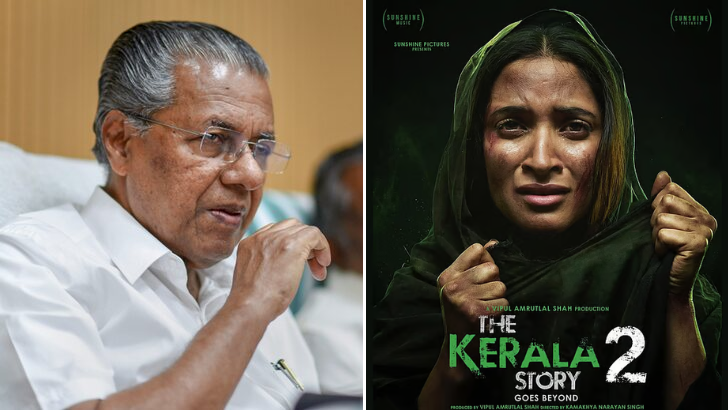
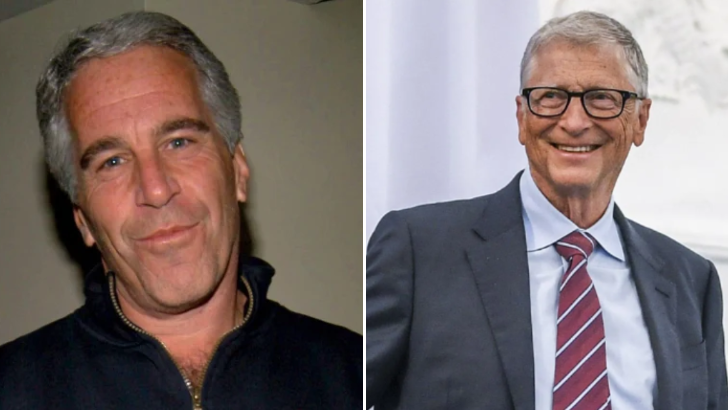
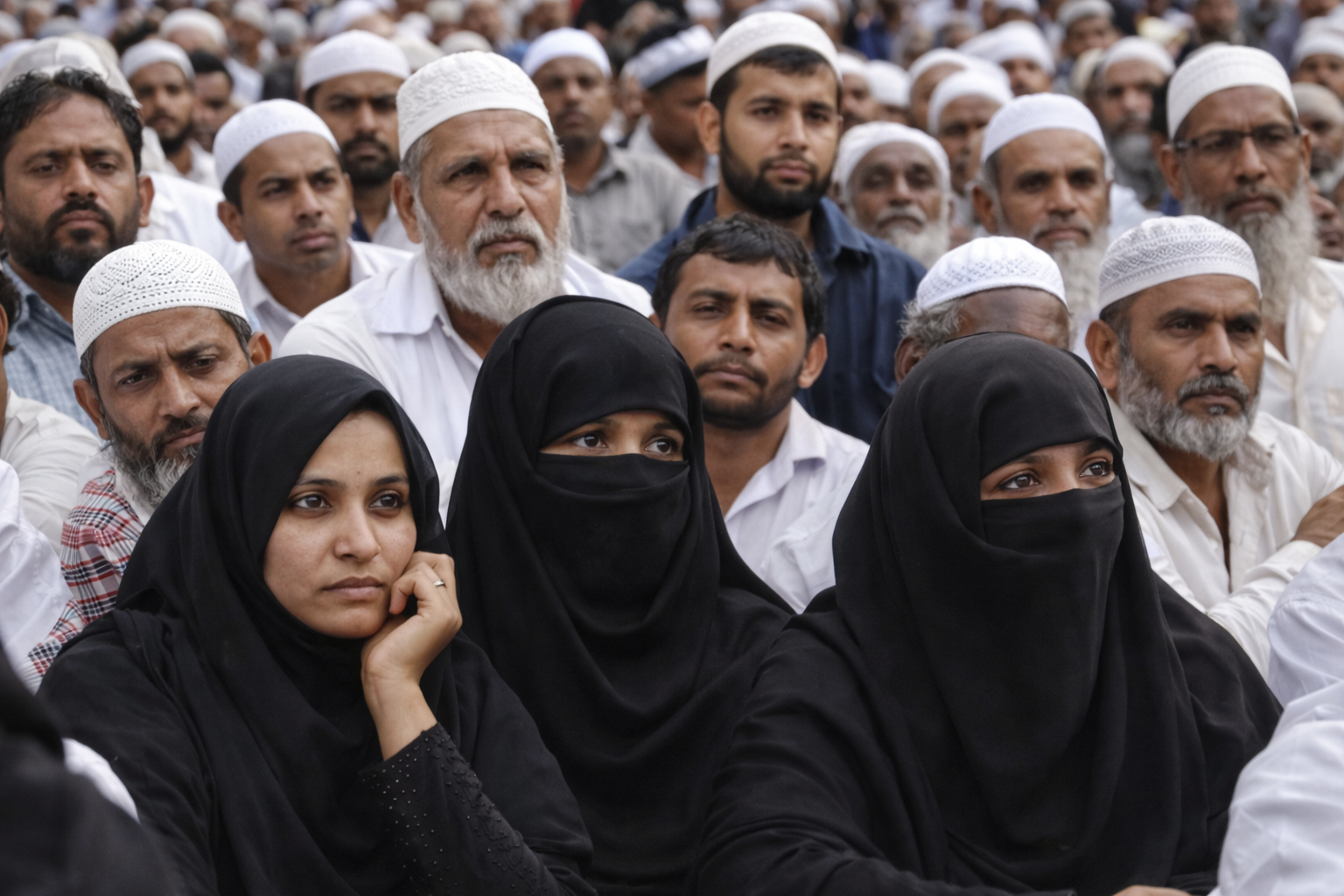
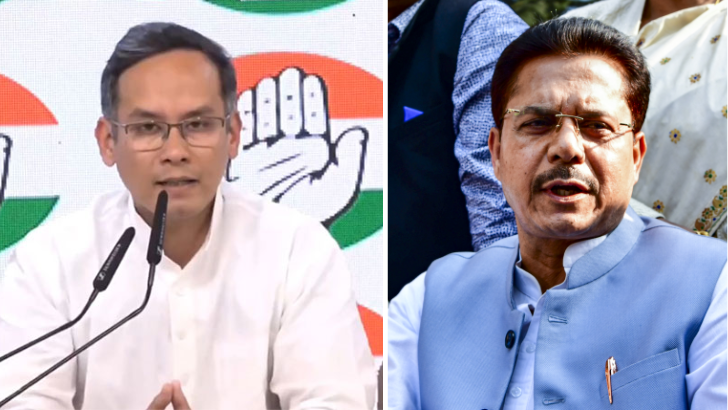

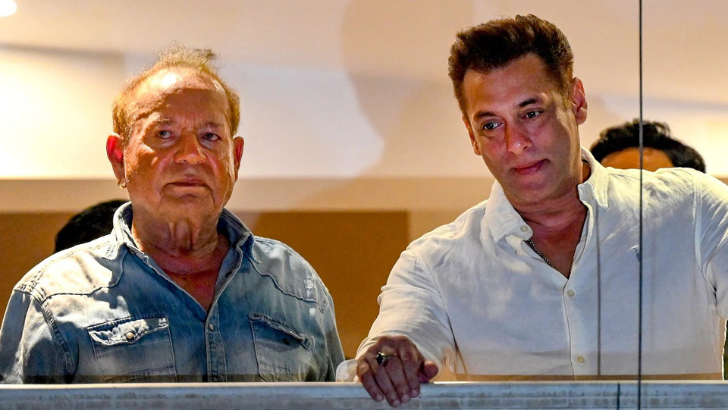

.png)
